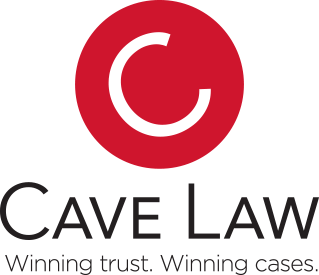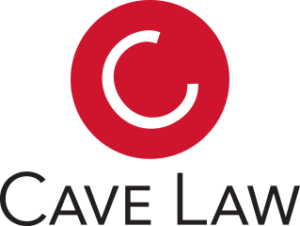Bad Faith Insurance Attorney in Denver, CO
get a free consultation
get a free consultation
How to Identify Bad Faith Tactics
There are two types of bad faith insurance claims: first-party bad faith and third-party bad faith.
First-party bad faith occurs when an insurance provider fails to treat you fairly. For instance, if you were in a car accident resulting in any form of injury, your insurance provider should compensate you for the same as long as the loss is covered under the policy.
As a policyholder, the Colorado bad faith statute allows you to bring a first-party bad faith insurance action against your insurer if their conduct is deemed unreasonable or if your insurer knew their conduct was outrageous and blatantly ignored facts that indicated that their conduct was unreasonable. Some specific examples of when first-party bad faith could occur include when your insurer:
- Denies your claim before conducting a full investigation
- Denies a claim without giving sufficient reason
- Delays your claim unnecessarily
- Attempts to underestimate your payout
- Resorts to poor communication or total lack of communication to frustrate you
On the other hand, third-party bad faith occurs when you, as the insured, are sued by a third party, and your insurer is defending the action on your behalf. In such a case, your insurer is supposed to take all measures to protect your interests so that the claim is settled within policy limits and your personal assets are not used to settle any excess damages to the injured party. Some acts that may constitute third-party bad faith include:
- Inadequate handling of the lawsuit
- Failure to settle the suit within the policy limits, thus exposing you to excess liability
- Wrongfully failing to defend you in a third-party lawsuit
Statute of Limitations for Bad Faith Cases in Denver
If you or someone you know has been wronged by an insurance company in Denver, you may be entitled to compensation under Colorado’s laws governing bad faith insurance practices. However, it is important to act quickly as there is a statute of limitations for bringing a bad faith claim to court in Colorado.
In Denver, the statute of limitations for filing a bad faith claim is two years from the date of the wrongful conduct. If you fail to file a bad faith claim within this time frame, you may forfeit your right to bring a claim altogether. This is why seeking legal assistance as soon as possible is crucial after experiencing bad faith insurance practices.
It is also important to note that bad faith claims in Denver can be complex and require a skilled attorney to navigate. A knowledgeable attorney can assist you in gathering evidence, negotiating with insurance companies, and representing you in court if necessary.
get a free consultation



